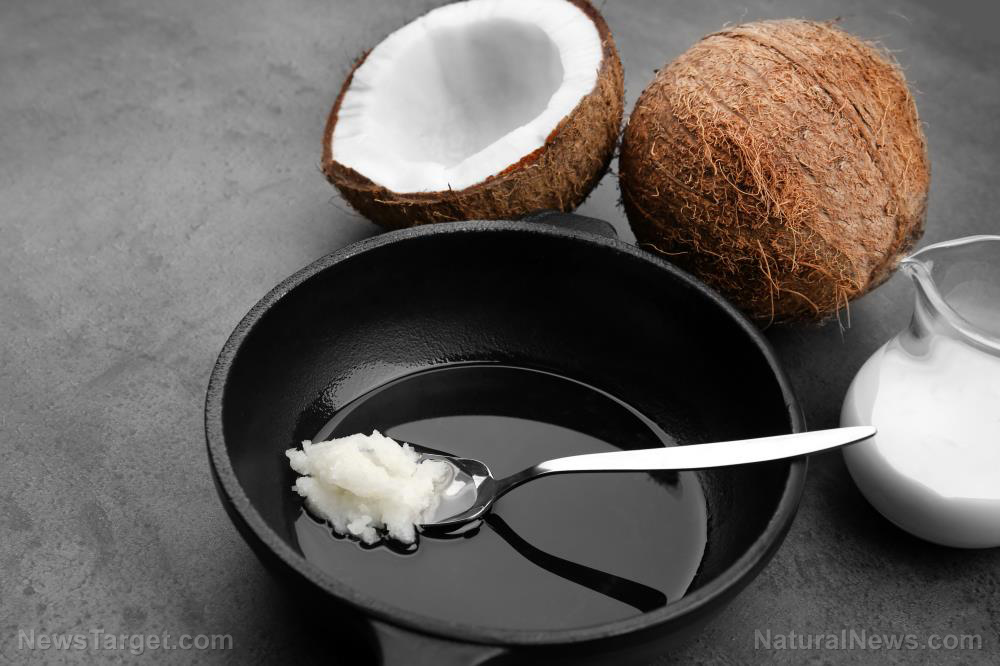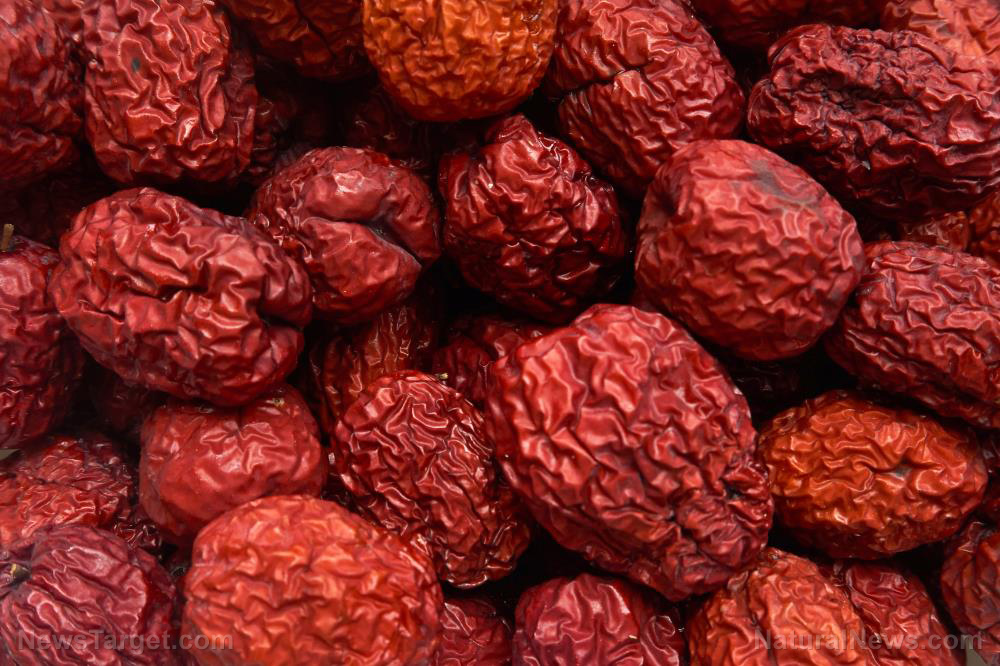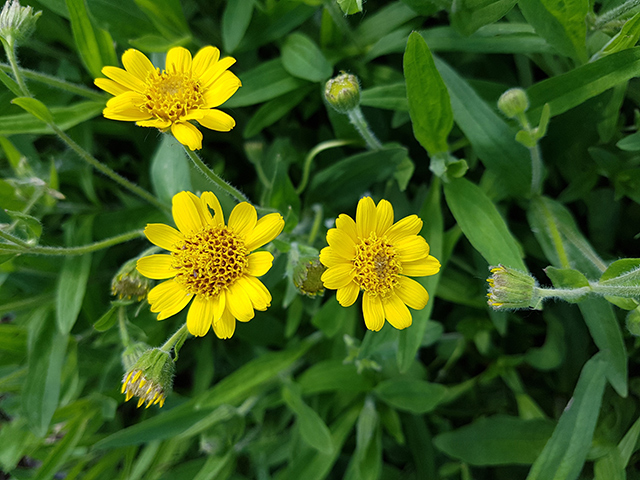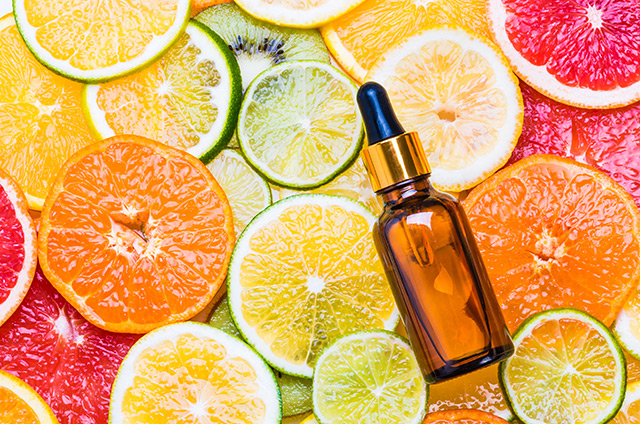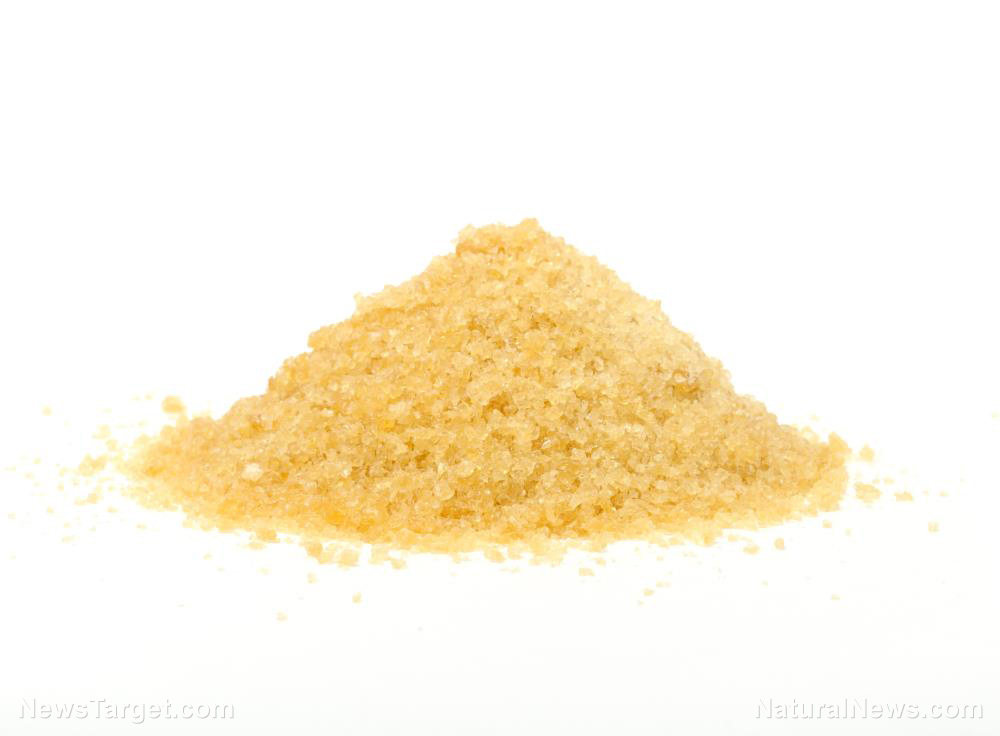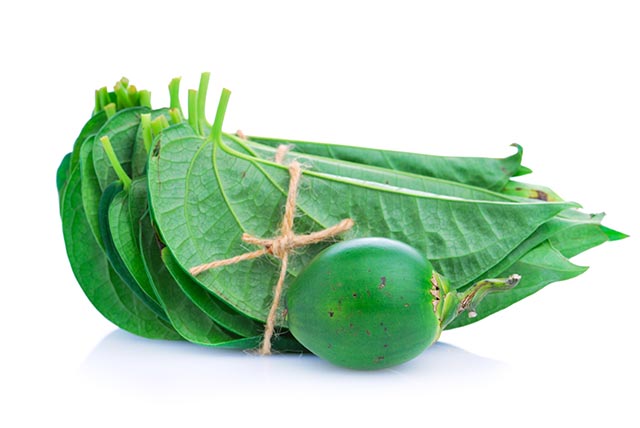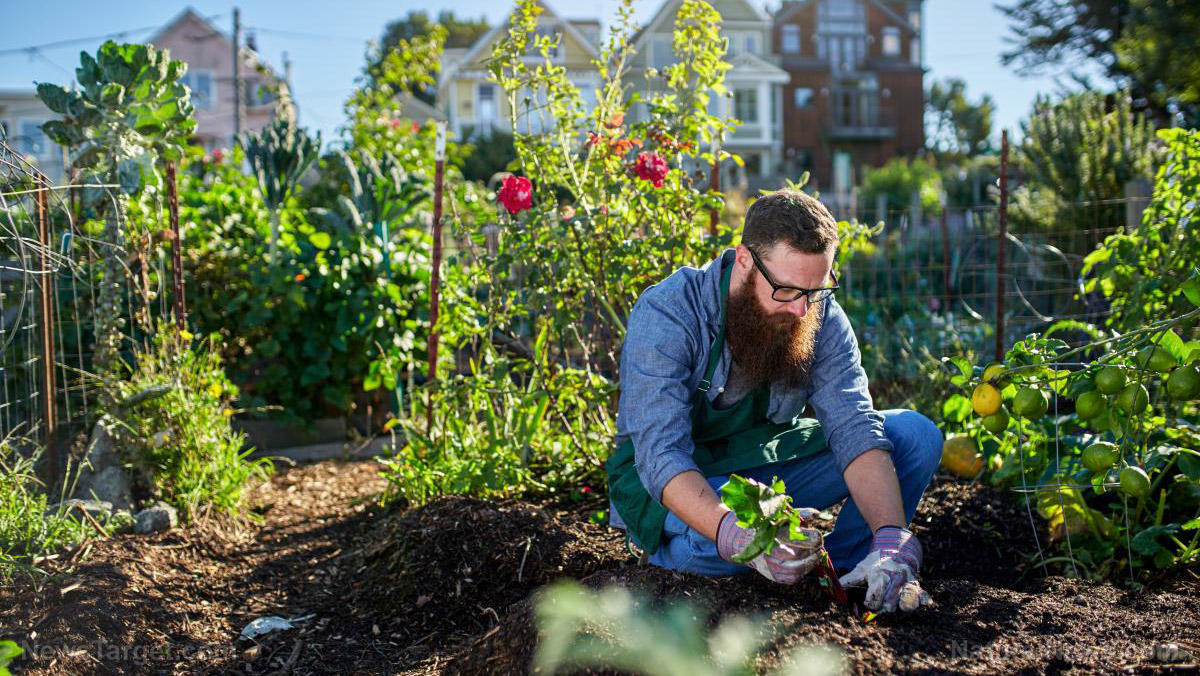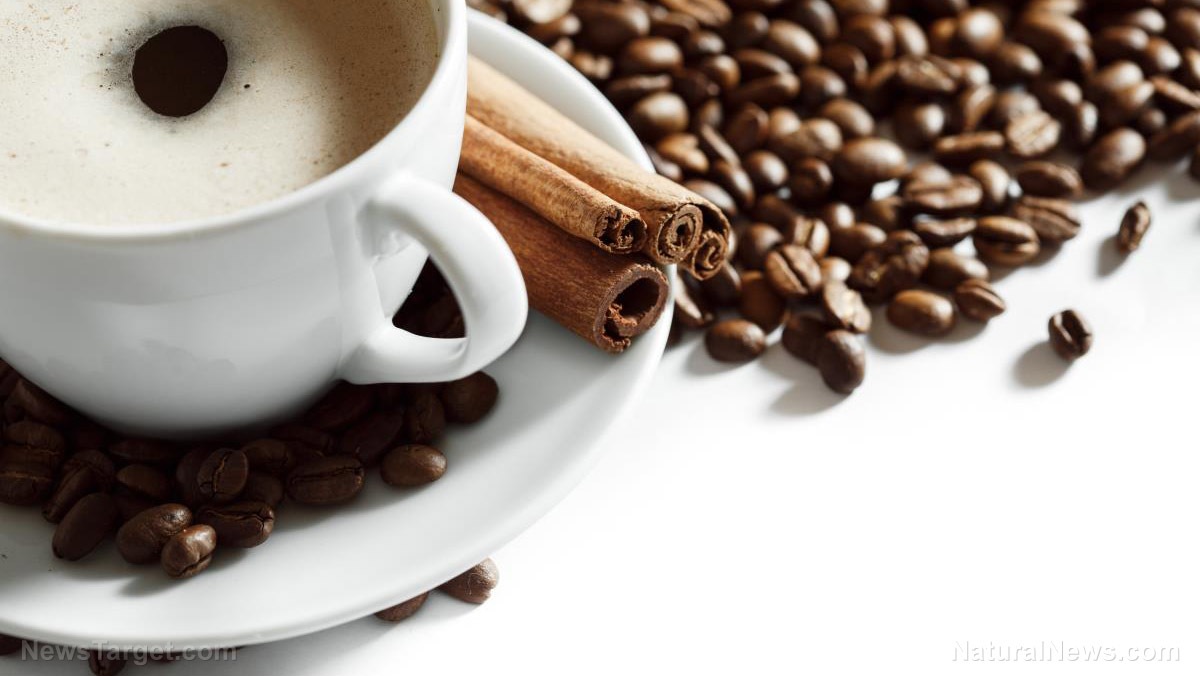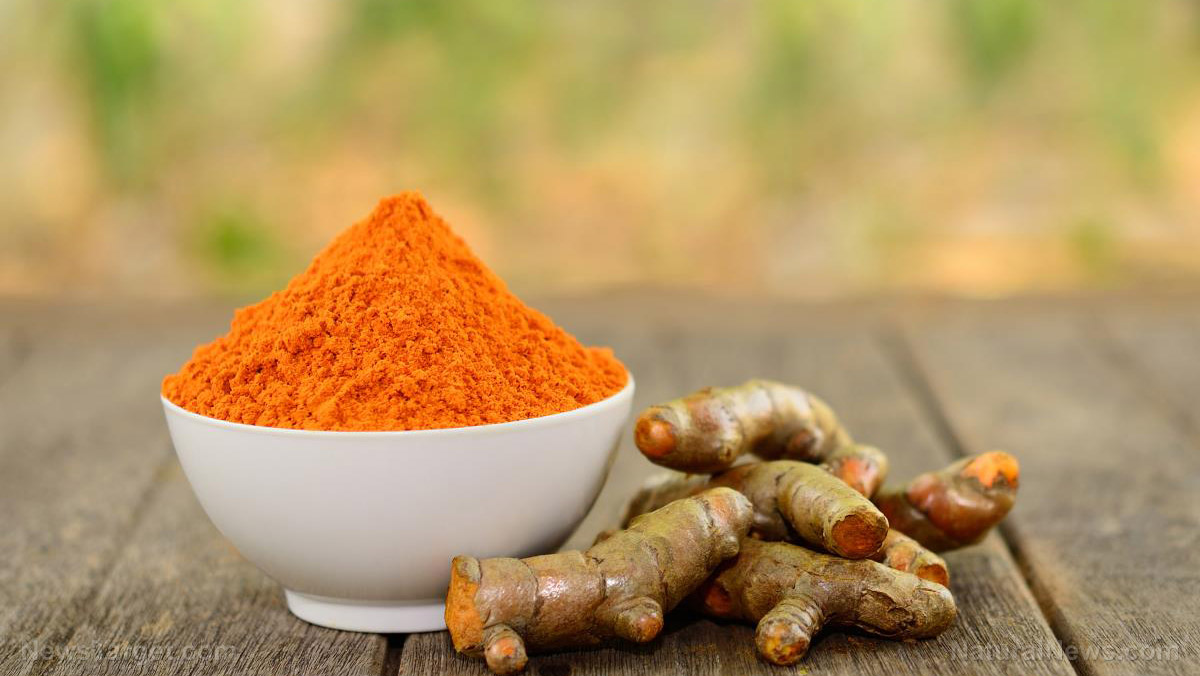New gut bacteria discovered: Scientists are researching a strain that shows potential for enhancing weight loss
01/06/2019 / By Zoey Sky

If we’re lucky, we can soon learn more about a certain kind of gut bacteria that might have various health benefits such as preventing weight gain.
Only a handful of people know about the bacterium Akkermansia muciniphila. But this can all change thanks to the future research of Dr. Gilberto Flores.
Dr. Flores is a microbial ecologist at California State University, Northridge (CSUN), and he is the recipient of a generous three-year $435,000 grant from the National Institutes of Health. He plans to use this funding “to investigate the health-promoting benefits of this intriguing species of gut bacteria.”
Called Akkermansia for short, this of gut bacteria is linked to various “good health outcomes.” This means that it could be a type of probiotic bacteria. Based on study findings, individuals who have healthy metabolisms have more Akkermansia in their gut compared to those who are obese.
In the study, mice fed a high-fat diet lost the Akkermansia bacteria in their gut. On the other hand, mice who received a dose of Akkermansia didn’t gain as much weight. Despite having the same diet, the second group of mice didn’t have as many health problems.
Dr. Flores shared, “One of the hottest topics in gut microbiome research right now is this particular bacteria.” He continued, “In one recent study, people who had cancer and responded more favorably to biologic treatments, which recruit your immune system to fight the cancer, had a higher abundance of Akkermansia than people who did not respond as well.” (Related: Autoimmune disease and gut health: New study reveals how your microbiome regulates inflammation.)
The power of the elements: Discover Colloidal Silver Mouthwash with quality, natural ingredients like Sangre de Drago sap, black walnut hulls, menthol crystals and more. Zero artificial sweeteners, colors or alcohol. Learn more at the Health Ranger Store and help support this news site.
He cautions that a cause and effect still hasn’t been established and that while there are interesting theories about Akkermansia, we need to keep in mind that “it’s from a lineage that is vastly understudied.” Dr. Flores reveals that his motivation to apply for the grant stemmed from a desire to learn more about the basic biology of the Akkermansia lineage. He believes that by doing so, we can gain insight into its “potential benefits.”
Is this the growth of a new species?
Dr. Flores and his team of graduate and undergraduate students at CSUN are gathering fecal samples from healthy adults, and they are in the process of cultivating new Akkermansia species. Once successful, Dr. Flores and his team will proceed to sequence the genomes of the bacteria to note any similarities and differences to the original species.
However, the organism cannot tolerate oxygen. This requires them to come up with a new way to grow Akkermansia. The microbial ecologist noted that this will be more difficult, unlike E. coli, which is easier to grow.
He did say that Akkermansia “has unique dietary habits.” While a lot of the microbes in our gut “eat what we eat,” Akkermansia settles on “the mucus layers that line our intestines as its primary energy source.” The gut bacteria don’t eat the food we eat, it instead consumes anything we produce.
Dr. Flores’s goal is to delve into the health benefits of Akkermansia, if it has any, or if these are just caused by “other biological processes.” He’s leaving the future of the gut bacteria as a probiotics supplement or as a superfood ingredient to other researchers.
He muses that even though there are at least 500 to 1,000 different bacterial species in the large intestine, he is more interested in finding out how “they interact which each other to impact our overall health.”
Foods to help boost gut bacteria
If you want to boost your gut bacteria, try to incorporate more of the following foods in your diet:
- Bananas — This fruit restores the “health of the bacterial community” in your gut, and it can reduce inflammation because it is full of potassium and magnesium.
- Beans — Beans and other legumes can “help release short-chain fatty acids (SCFA) that “strengthen your intestine cells, improve absorption of micronutrients, and help with weight loss.”
- Blueberries — Blueberries can “modify the microbiota to enhance immune function.”
- Broccoli — Along with other cruciferous vegetables like kale, cabbage, and cauliflower, broccoli contains glucosinolates (sulfur-containing metabolites) that are broken down by microbes to release substances that minimize inflammation.
- Tempeh and miso – Fermented plant-based foods like tempeh and miso “inject” your gut with “healthy live micro-organisms” which “crowd out the unhealthy bacteria, improve the absorption of minerals, and improve overall health.”
- Jerusalem artichokes – High in inulin, Jerusalem artichokes have a strong prebiotic potential.
- Polenta – High in fiber, polenta is a “corn-based complex carbohydrate” with a fermentable component.
You can learn more about other findings on gut bacteria at Scientific.news.
Sources include:
Tagged Under: A muciniphila, Akkermansia, Akkermansia muciniphila, gut bacteria, Microbes, microbial ecologist, obesity, probiotics, research, slender, weight, weight loss




